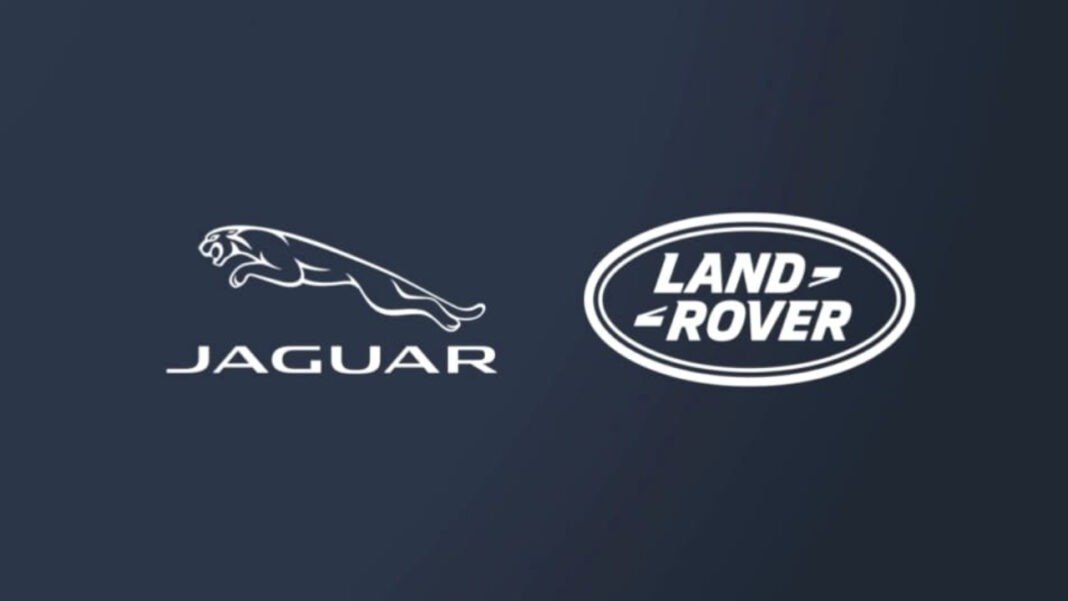HT Bureau
GUWAHATI, March 31: Jaguar Land Rover has committed to reducing greenhouse gas emissions across its operations by 46 percent by 2030. In addition, the company will cut average vehicle emissions across its value chains by 54 percent, including a 60 percent reduction throughout the use phase of its vehicles. The goals, which are approved by the Science Based Targets initiative (SBTi), confirm the company’s pathway to a 1.5°C emissions reduction in line with the Paris Agreement. The commitment by Jaguar Land Rover meets the most ambitious goal set in Paris.
By the end of the decade, Jaguar Land Rover will reduce its direct greenhouse gas emissions across vehicle manufacture and operations by 46 percent in absolute value compared to a 2019 baseline. The company has also committed to reducing greenhouse gas emissions per vehicle by an average of 54 percent across the entire value chain, including a reduction of 60 percent in the vehicle use phase. These targets represent Jaguar Land Rover’s commitment to 2030, followed by a second-decade ambition for net-zero emissions across the supply chain, product, and operations by 2039, as part of its Reimagine strategy. To achieve this, the company will decarbonise across design and materials, manufacturing operations, supply chain, electrification, battery strategy, circular economy processes, and up to end-of-life treatment.
Alberto Carrillo Pineda, managing director, Science-Based Targets at CDP, one of the Science-Based Targets initiative partners, said, “We congratulate Jaguar Land Rover on setting science-based targets consistent with limiting warming to 1.5C, the most ambitious goal of the Paris Agreement. By setting ambitious science-based targets grounded in climate science, Jaguar Land Rover is taking action to prevent the most damaging effects of climate change.”












